Should there be a cap? Lord Patten believes that China pressures British universities to ignore criticism of its government. But some think his fears are alarmist.
British values at risk warns uni boss
 Radcliffe Camera: One of the most famous landmarks of the University of Oxford (above). The retiring chancellor Lord Patten says that Chinese students may erode British values.
Radcliffe Camera: One of the most famous landmarks of the University of Oxford (above). The retiring chancellor Lord Patten says that Chinese students may erode British values.
Glossary
Peer - A member of the House of Lords, one of the two houses that makes up the UK parliament.
Higher education - Education after you leave school — such as at a university.
CCP - The Chinese Communist Party, China's ruling party.
